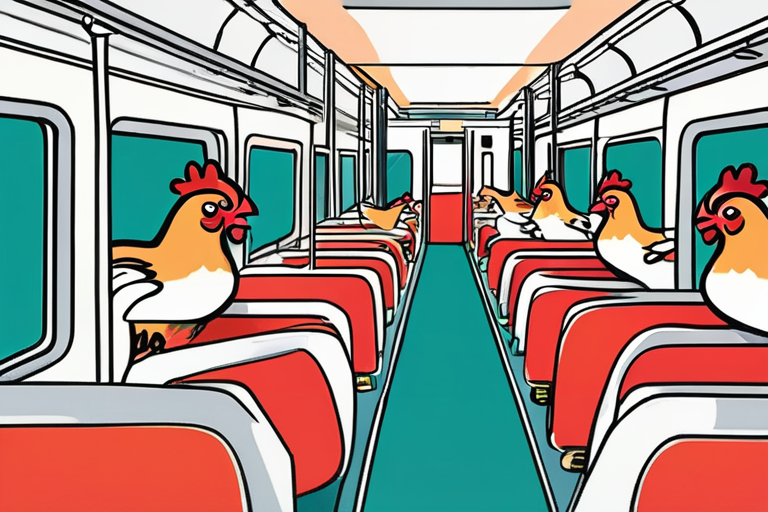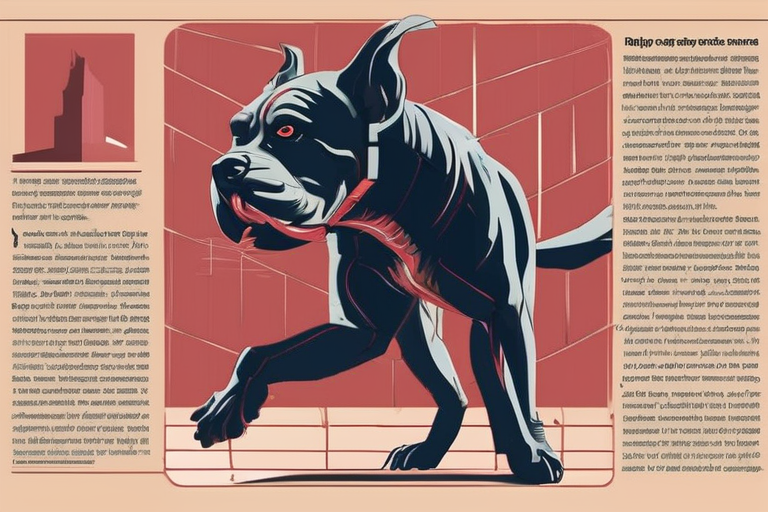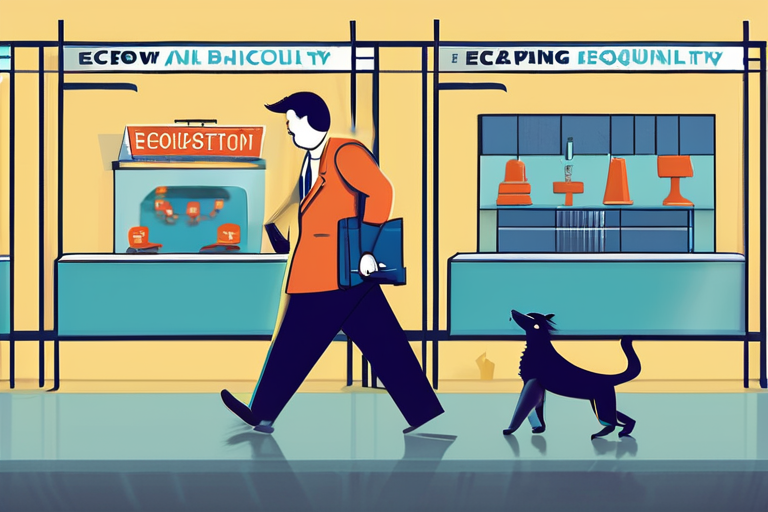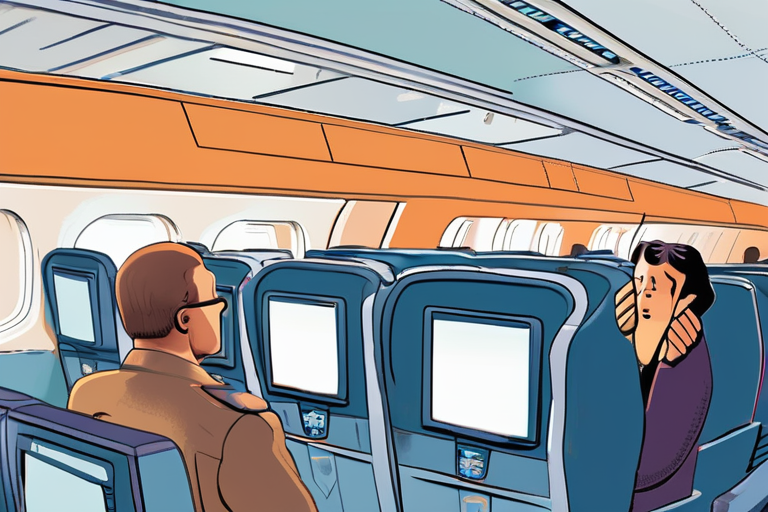EU Court Limits Pet Compensation Claims: Pets Declared Not Passengers Under EU Law


Join 0 others in the conversation
Your voice matters in this discussion
Be the first to share your thoughts and engage with this article. Your perspective matters!
Discover articles from our community

 Hoppi
Hoppi

 Hoppi
Hoppi

 Hoppi
Hoppi

 Hoppi
Hoppi

 Hoppi
Hoppi

 Hoppi
Hoppi

1st Class Hen Party on Essen-Cologne Train Causes Confusion On Tuesday evening, a Deutsche Bahn train driver made an unexpected …

Hoppi

URGENT: Dog Attacks Surge Despite XL Bully Ban, Experts Warn of Growing Threat A 58-year-old man from Birmingham was attacked …

Hoppi

Animal Abusers Getting Off Easy: A Growing Concern for Businesses and Consumers A recent investigation has revealed that animal abusers …

Hoppi

Flight Disruptions: Passengers' Rights and Airlines' Responsibilities A cyber-attack on several European airports, including Heathrow, has left thousands of passengers …

Hoppi

Animal Abusers Getting Off Easy: A Growing Concern for Industry and Consumers A recent investigation has revealed that animal abusers …

Hoppi

Breaking News: Vets Ordered to Reveal Prices Amid Competition Probe The UK's competition watchdog, the CMA, has ordered vets to …

Hoppi